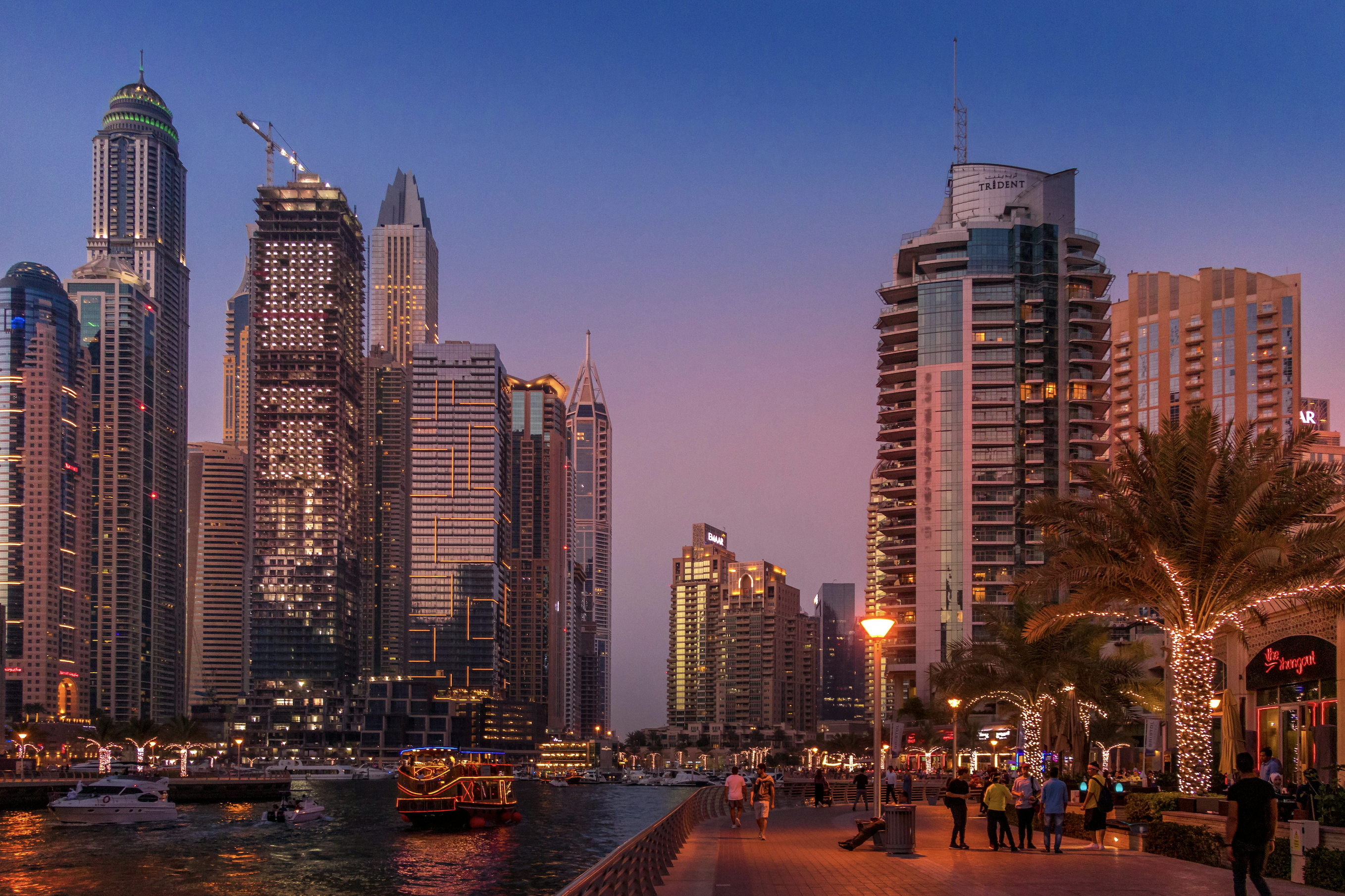

Controversy Deepens as Plans for Fossil Fuel Deals Surface, Testing the Integrity of Global Climate Negotiations.
COP28, hosted by the United Arab Emirates, faces criticism as leaked documents reveal plans to discuss fossil fuel deals.
As one of the world’s largest oil producers, the host country’s agenda is under intense scrutiny.
Scheduled for this Thursday to December 12th, in Dubai, COP28 will be overseen by Sultan Al Jaber, who holds dual roles as the Chief Executive of the Abu Dhabi National Oil Company (Adnoc) and serves as the UAE’s climate envoy.
Al Jaber’s dual roles have attracted criticism, undermining trust in COP28.
This scepticism has only deepened with recent revelations, heightening concerns about potential conflicts of interest between economic considerations and climate diplomacy at COP28.
Climate Expert and Senior Political Advisor at Greenpeace, Kaisa Kosonen on X, formerly known as Twitter, says, “The climate summit leader should be focused on advancing climate solutions impartially, not backroom deals that exacerbate the crisis,” wrote
An Investigation back in April, from the Guardian obtained from the Gogel database, states that “Adnoc is the world’s biggest oil and gas producer” and that the company has a “big short-term expansion plan.”
Only 10 per cent of Adnoc’s expansion aligns with the International Energy Agency’s (IEA) scenario for the global achievement of net-zero carbon emissions by 2050.
Nonetheless, some figures, including the US climate envoy John Kerry, have offered support to Al Jaber, while he presents himself as a mediator, with an advantage because of his energy business knowledge.
The documents leaked by an anonymous whistleblower and secured by the Centre for Climate Reporting (CCR) unveil briefing materials prepared by the COP28 team for bilateral meetings between Sultan Al Jaber and representatives of 27 governments, which include efforts to work with world leaders to extract oil and gas from their countries.
A COP28 spokesperson said the documents were inaccurate but did not offer details.
The Conference of the Parties (COP) is the supreme decision-making body of the conventions.
Governments participating in the convention deliberate on decisions regarding strategies to mitigate and adapt to forthcoming climate change.
Current projections indicate that the world is heading towards a temperature increase of approximately 2.4°C to 2.7°C by 2100, though the precise figures remain uncertain.
Consequently, the timeframe to reach the Paris Agreement of keeping temperature rise to 1.5°C, crucial for averting the most devastating consequences of climate change as outlined by the United Nations’ climate body, is “rapidly narrowing,” according to the UN.